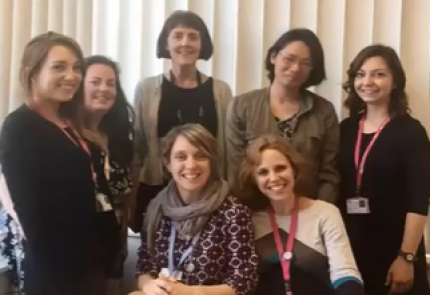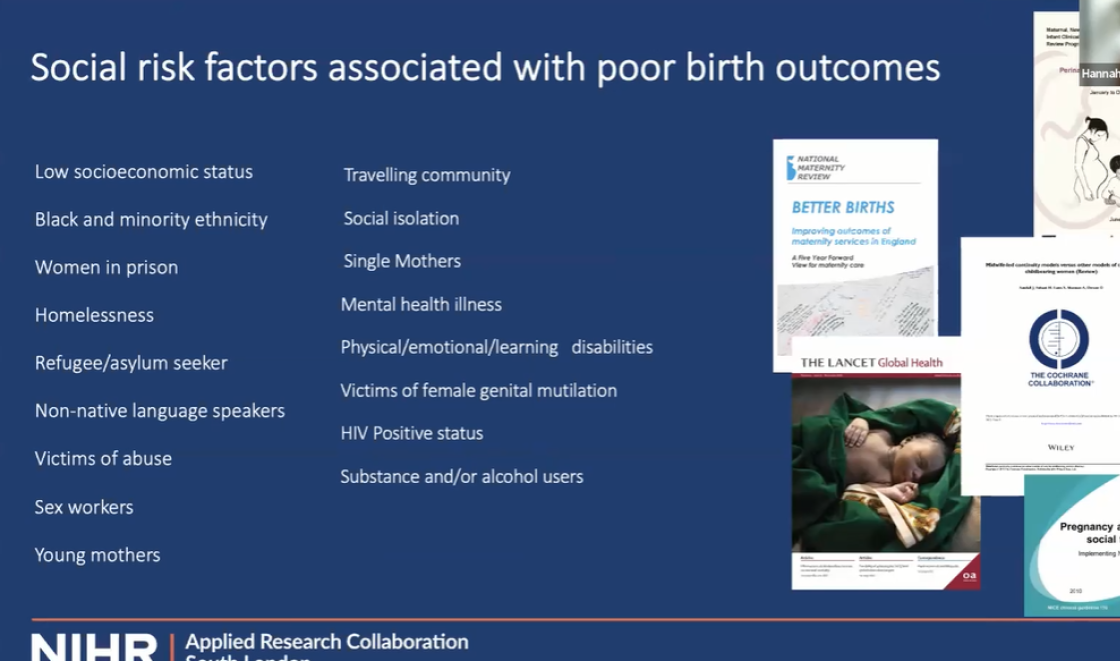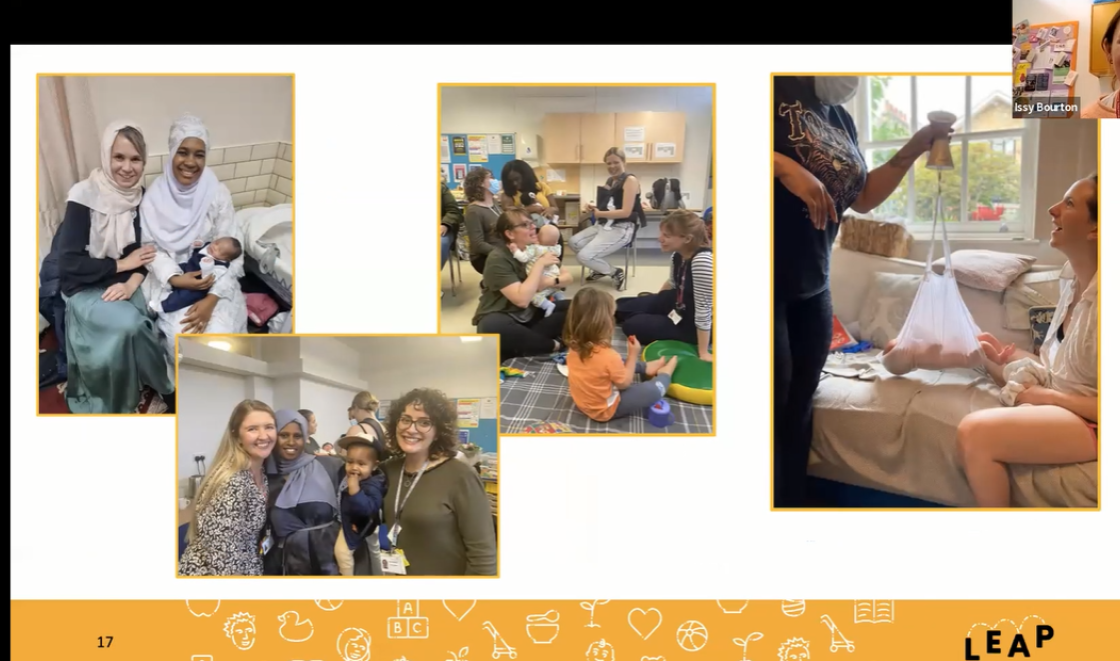Models of midwifery continuity of care are recommended in international guidance and are at the heart of maternity policy in the UK. These models, in which the same midwife or small team of midwives provide care during pregnancy, birth, and the early parenting period, have been found to improve outcomes and experiences of care among women at low- and mixed-risk of complications.
The event was chaired by Professor Jane Sandall, CBE, the ARC’s maternity and perinatal mental health theme lead, and professor of women’s health & social sciences, King’s College London, who led an influential international review into the evidence on midwifery continuity of carer.
The event was designed as an opportunity to share experiences of midwifery continuity of care from many perspectives, exploring what researchers already know and where they need to find out more. There were three presentations of research findings on implementation of continuity models of care.


